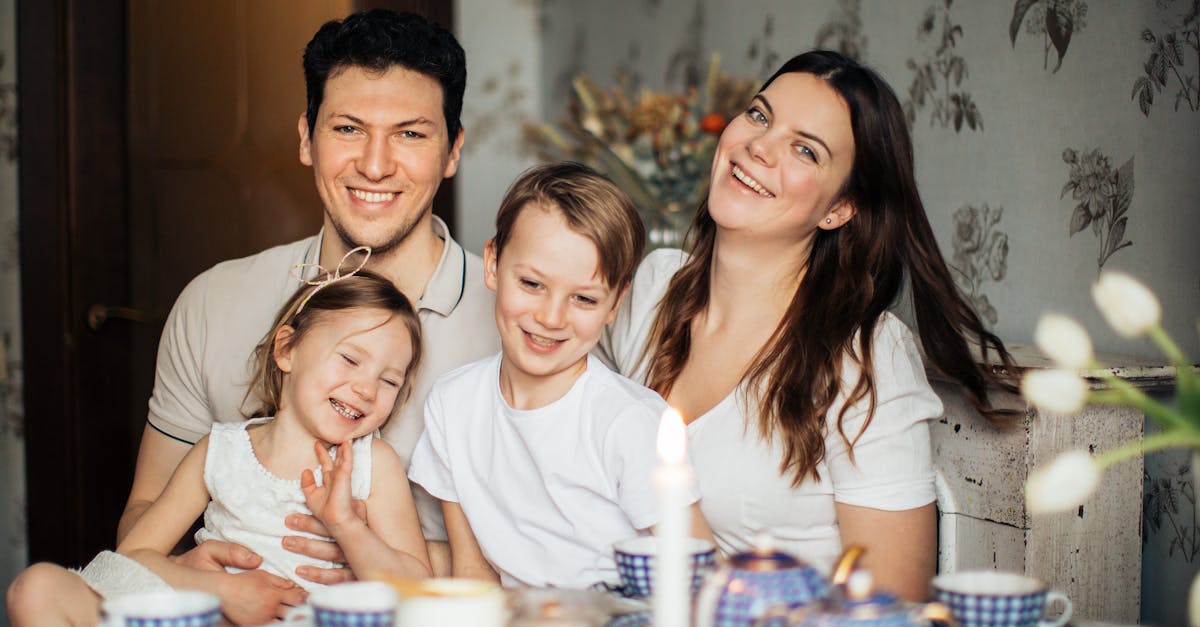Start with Stories of Jesus’s Kindness
When teaching kindness to preschoolers, stories are powerful. Talk about how Jesus was kind to everyone. For example, narrate the story of Jesus helping people who were sick and feeding the hungry. Emphasize how these actions made others feel happy and loved. Use picture books or simple, colorful illustrations to capture their imagination. Kids love visuals! If you can, create a storytelling routine to make it a soothing, predictable activity. This habit reinforces the idea that kindness is a consistent and important behavior.

Model Kindness in Everyday Life
Kids learn best by example. Show acts of kindness in your everyday life and explain why you’re doing them. Acts like sharing with neighbors or donating toys can become teachable moments. Speak openly about your reasons for these actions. For instance, say, “I’m giving cookies to our neighbor because she’s feeling sad.” By seeing you model kindness, kids will start to mimic these behaviors. Make it fun by occasionally turning it into a family challenge to see who can perform the most acts of kindness in a week!

Modeling kindness in everyday life can have a profound impact on children, shaping their values and behavior positively.
Practical Activities to Practice Kindness
Hands-on activities can reinforce the concept of kindness. Create a ‘kindness jar’ where children drop in notes of kind acts they’ve done for the day. Another fun activity could be making kindness crafts, like drawing pictures or creating cards for family members. These small projects make kindness tangible and rewarding. Also, role-playing games can help practice scenarios of sharing and comforting friends. Encourage them with phrases like, ‘That’s very kind of you!’ when they act kindly. Activities make learning kindness interactive and memorable.

Engaging in practical activities is a great way to nurture kindness in children. By making kindness a hands-on experience, they are more likely to embrace this value and carry it with them through life.
Turning Learning Moments into Kindness Lessons
Everyday moments often offer the best opportunities to teach kindness. If a child snatches a toy, use it as a chance to discuss how sharing makes everyone happier. Discuss feelings without scolding. Ask how they would feel if someone took their toy. These moments are golden for nurturing empathy. Turn mishaps into discussions about better choices. Praise them when they show improvement. Make sure all guidance comes with a lot of love and patience. By turning every day into a learning moment, kindness becomes part of their natural behavior.

Dealing with Emotional Challenges
Preschoolers face common emotional challenges like jealousy, anger, and frustration. Address these with understanding and tools for emotional management. Teach deep-breathing techniques or counting to ten when they feel angry. Tell them it’s okay to have these feelings but guide them to express it kindly. Use Jesus’s example of patience and calmness during tough times as a model. Role-play different scenarios where they might experience these emotions, always looking for the kindest resolution. Help them name their feelings, as understanding emotions is the first step to managing them.

Addressing the emotional challenges preschoolers face is crucial to their emotional development. By providing them with guidance, tools, and understanding, we can help them navigate these feelings and learn to express them in a healthy way.
Encouraging Kindness at Home
Kindness starts at home and should be a family affair. Encourage kind words and actions among all family members. Make ‘please’ and ‘thank you’ a part of daily vocabulary.
Establish a night-time ritual where everyone shares an act of kindness they witnessed or performed that day. Celebrate these acts, no matter how small. Remember to inject some humor and fun into it – laughter is a powerful bonding tool.
Positive reinforcement and consistency make kindness an integral part of family culture. It makes the home a warm, loving environment where kids feel safe and appreciated.

